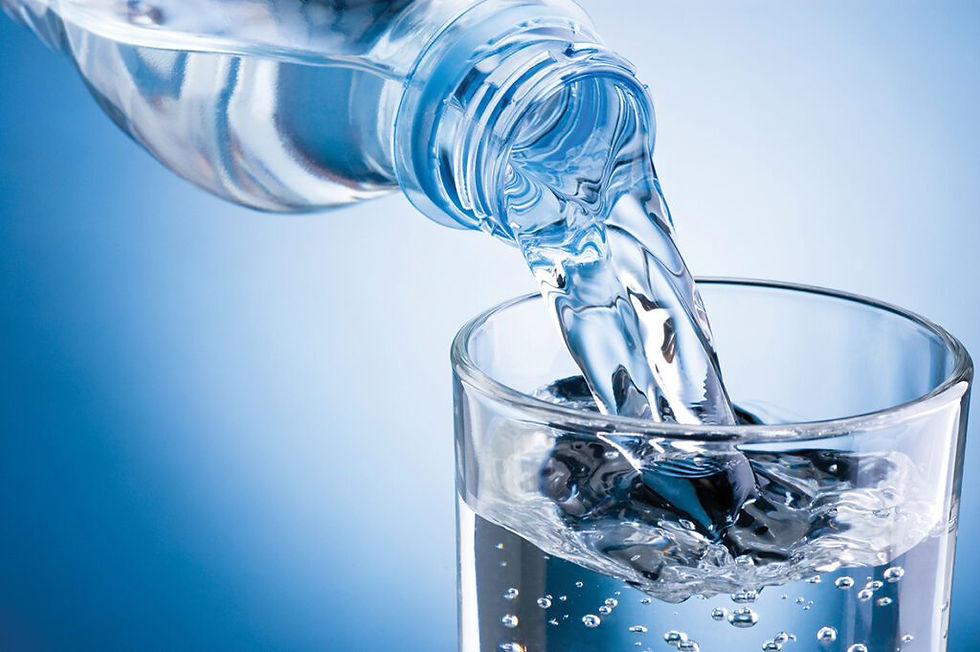Packaged drinking water, SSA: The established control system does not guarantee quality and safety
- Korca Boom
- 15 hours ago
- 2 min read
The consumption of packaged drinking water has increased year by year, but its quality is not guaranteed for citizens. This is the main finding of the latest report by the Supreme State Audit (KLSH), which focused on a specific audit of this sector.
Specifically, SSA notes that the system in place has failed to assure citizens of the quality of packaged drinking water released to the market.
“Although the consumption of this product has continued to grow each year, the responsible institutions have not fully met their obligations regarding its control, monitoring, and analysis. Changes in competencies within state structures have created ambiguities in roles and responsibilities, affecting the fragmented functioning of the system,” the SSA report emphasizes in its summary of findings.
The same report highlights that the legal and regulatory framework is unharmonized and, in some cases, contradictory. It does not allow competition between projects for the use of water sources and sets weak criteria for issuing permits and licenses.
“On the other hand, institutional shortcomings in laboratory analyses, inter-institutional cooperation, and public information have not guaranteed the quality of packaged water and the necessary safety for citizens,” the summary states.
SSA also notes that even in cases where authorities have found non-compliant water following complaints or inspections, investigations have not been exhaustive enough to determine the cause, while transport of water by tank trucks remains outside proper oversight.
The report emphasizes that, according to data from the Water Resource Management Agency, by the end of 2024 there were 52 permits registered for the use of water resources approved for packaged drinking water, belonging to 41 commercial entities.
Of these, 14 are under concession contracts dating from 2004 to 2008 with a validity of around 30 years. The remaining permits/authorizations have a validity period of 5 years according to decisions made by the respective Basin Councils.
“KORÇA BOOM”



















